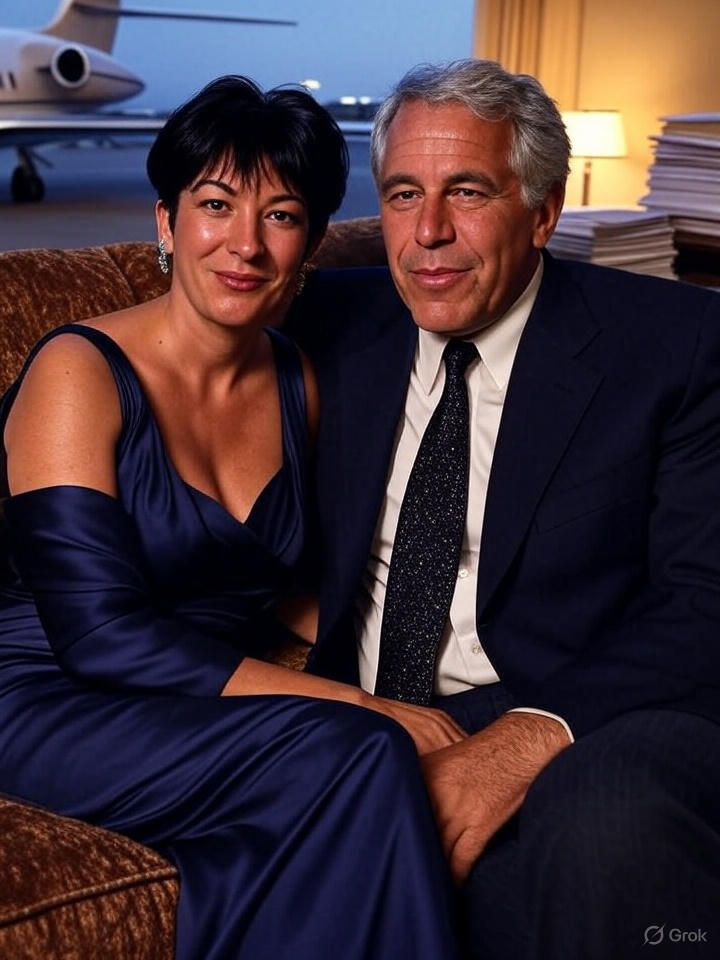The case of Ghislaine Maxwell, a British-French-American former socialite, centers on her conviction for her role in the sexual abuse and trafficking of minors alongside Jeffrey Epstein, a deceased financier and convicted sex offender. Here are the key details based on available information: Background and Arrest: Maxwell, born on December 25, 1961, was a close associate of Epstein, whom she met in the 1990s. She was arrested by the FBI on July 2, 2020, at her residence in Bradford, New Hampshire, following years of public speculation about her involvement in Epstein’s activities. Epstein, who died by suicide in August 2019 while awaiting trial on federal sex trafficking charges, had a prior 2008 conviction in Florida for soliciting a minor for prostitution, serving 13 months. Charges and Trial: Maxwell faced a six-count federal indictment in the Southern District of New York, alleging that between 1994 and 2004, she assisted Epstein in recruiting, grooming, and abusing minors as young as 14. The charges included conspiracy to entice minors to travel for illegal sex acts, transportation of a minor with intent to engage in criminal sexual activity, sex trafficking of a minor, and two counts of perjury for false statements made in a 2016 deposition. Her trial began on November 29, 2021, with four women testifying under pseudonyms (Jane, Kate, Carolyn) and one publicly (Annie Farmer) about being abused, with Maxwell facilitating or participating in the acts. Conviction and Sentencing: On December 29, 2021, after a month-long trial and 40 hours of deliberation, a jury convicted Maxwell on five of six counts, acquitting her on one enticement charge. On June 28, 2022, U.S. District Judge Alison J. Nathan sentenced her to 20 years in prison, along with five years of supervised release and a $750,000 fine. The sentence reflected her direct role in a decade-long scheme across multiple states, including New York, Florida, and New Mexico. Appeals and Legal Arguments: Maxwell’s defense argued she was a scapegoat for Epstein’s crimes and that a 2007 non-prosecution agreement (NPA) with Florida prosecutors should have protected her. However, the U.S. Court of Appeals for the Second Circuit upheld her conviction on September 16, 2024, ruling the NPA did not bind the Southern District of New York. She has since petitioned the U.S. Supreme Court to overturn the conviction, with a decision pending. Key Evidence: Testimonies detailed Maxwell befriending victims, taking them on outings, and normalizing Epstein’s behavior by being present during abuse or encouraging massages that turned sexual. Physical evidence, including Epstein’s flight logs and property records, supported the timeline of the alleged crimes. This case remains a significant legal milestone, addressing accountability in high-profile abuse networks, though some aspects, like the full scope of Epstein’s associates, remain unresolved.
34news.online
34news.online

